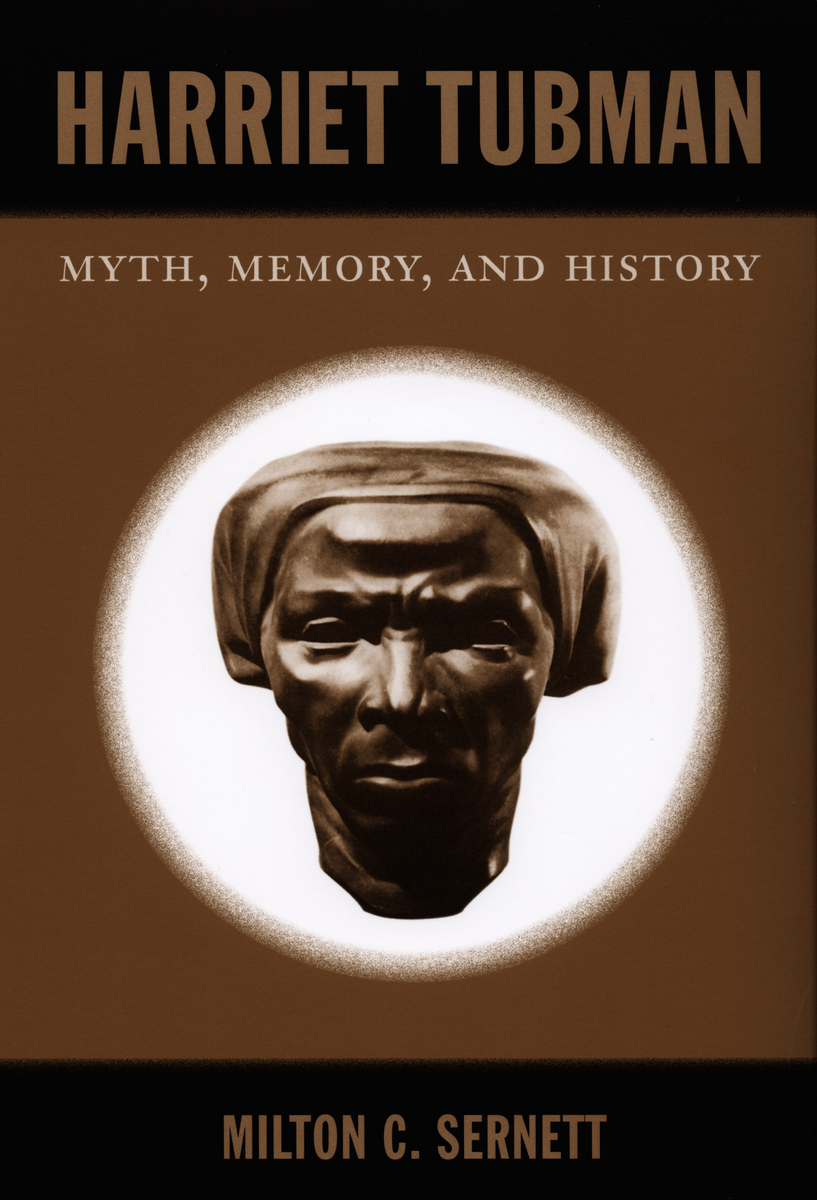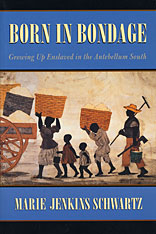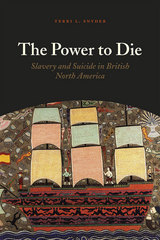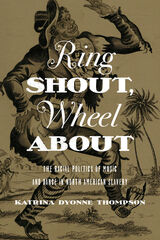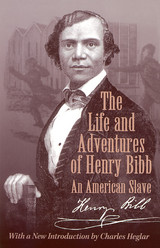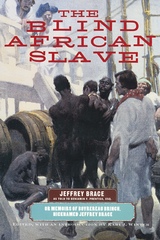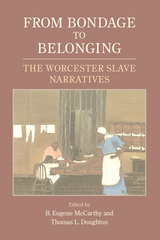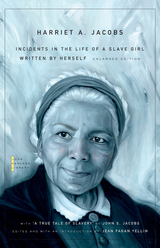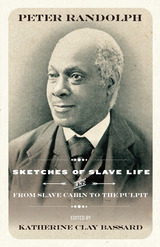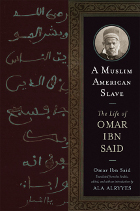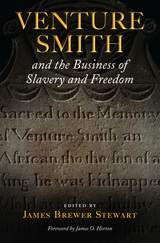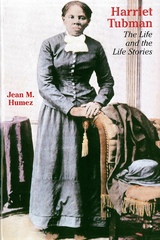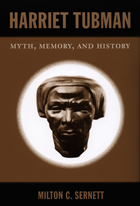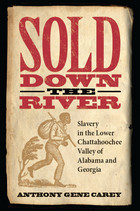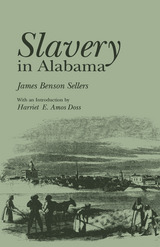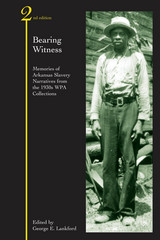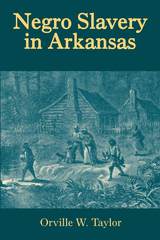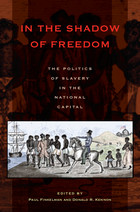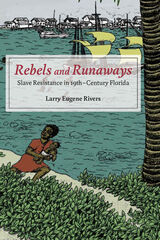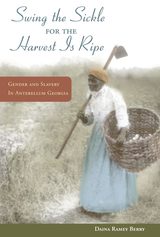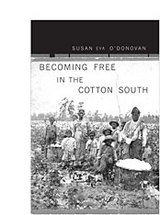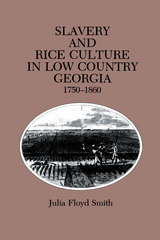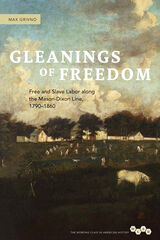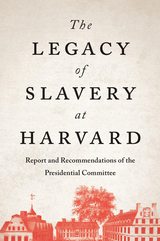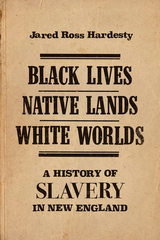“In this brilliant study, Milton C. Sernett peels back layers of memory regarding both real and imagined events to reveal the fascinating interplay of cultural, political, and social forces that have contributed to Harriet Tubman’s near-mythic status. With graceful prose and nuanced analysis, he describes the literary and artistic productions that have shaped our understanding of Tubman over the past one hundred and fifty years: productions that reflect an ever-evolving process of memory and mythmaking by generations of Americans in pursuit of meaningful cultural and historical icons.”—Kate Clifford Larson, author of Bound for the Promised Land: Harriet Tubman, Portrait of an American Hero
“The product of painstaking research, Milton C. Sernett’s book offers a comprehensive description and analysis of the processes by which the historical former slave woman became an iconic figure with shifting and contested significance for multiple audiences during her own long life and into the twenty-first century. In addition to presenting valuable facts for admirers and historians of Harriet Tubman, Milton C. Sernett uses her example to pose vital questions about the functions, varieties, and tenacity of heroic mythmaking in the lives of communities and nations.”—Jean M. Humez, author of Harriet Tubman: The Life and the Life Stories
“Harriet Tubman: Myth, Memory, and History is an interesting and important book. It forces us to examine the real life of one of our most enduring American heroes. With painstaking research, Sernett illustrates how the mythical Tubman has become so deeply entrenched in American culture. According to Sernett, the idolized image of Tubman will continue to live on, as various interests will continue to use her as their own icon for various struggles. Nevertheless, as he demonstrates in this fascinating book, the real Harriet Tubman was an incredible woman in her own right.”
-- Jane E. Dabel Reviews in American History
“Sernett has crafted a meticulous study of Harriet Ross Tubman and the scholarship, oral histories, and cultural records that have both fueled and challenged her status as an American icon, patriot, and resister. . . . The power of the work lies in its rigorous close readings of the contexts, cultural battles, and historical moments that informed the writerly efforts of abolitionists such as Sarah Bradford, journalists like the Auburn resident Earl Conrad, educators like Bessie Cooper Noble, and the artists and writers whose creative genius facilitated important public encounters with Tubman’s legacy. Sernett’s keen attention to the evolution of identity politics and the changing manifestations of racial uplift enables a stirring and informative rereading of Tubman’s multifaceted story, and a heightened awareness of the racialized and gendered components of the often sentimentalized and politicized ‘American’ story.”
-- Lois Brown North Carolina Historical Review
“Sernett has successfully tilled the territory that historical memory calls us to enter. Not only has he recovered a significant portion of our past with regard to an important figure, but also he has opened the window on how myths are made, why they do not easily die, and in the end why we must embrace and own the truth about our past. Harriet Tubman: Myth, Memory, and History is an admirable achievement for a historian, and we should be grateful to Sernett for this valuable work.”
-- Charles Pete Banner-Haley Journal of Southern History
“Sernett’s Harriet Tubman is a rich, informative, well-documented study by a noted historian of the African American experience who has written about antislavery activities and African American religion as well as a significant work on the Great Migration.”
-- Margaret Washington Journal of African American History
“Sernett’s richly textured study is not foremost a biography but an analysis of the interplay of individual and collective history-making, myth-making, and the cultural memories surrounding Tubman. [A]n impressively researched and fascinating book . . . [that] makes significant contributions to deeper understandings of the place of memory in American history and political culture widely.”
-- Micki McElya American Historical Review
